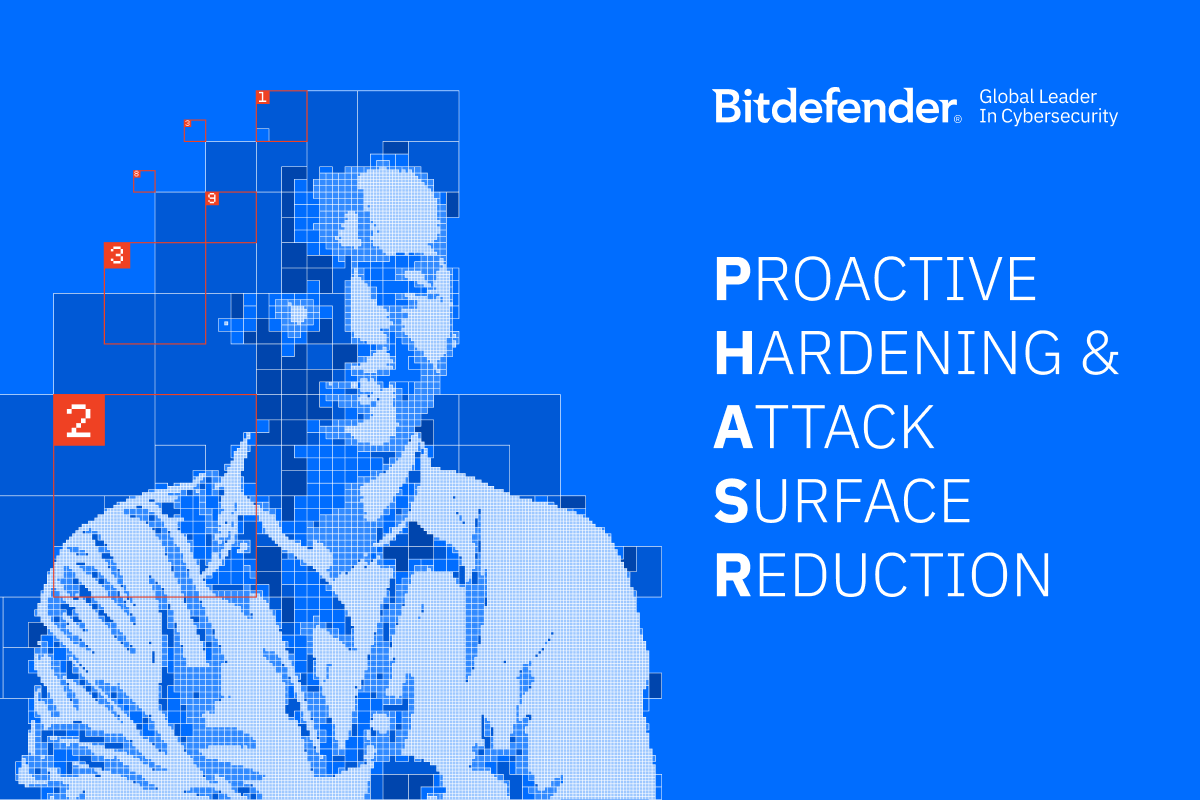Business Sector Increasingly Adopting AI Cybersecurity to Tackle Advanced Threats

- Report presents changing perspectives of cybersecurity globally
- Nearly half of organizations plan to extend cognitive and AI capabilities for security to detect and respond to attacks faster
- Researchers note an increase in R&D, with half of worldwide cybersecurity-related patents filed in the last four years focusing on AI and ML
A survey of 194 organizations in 35 countries reveals an encouraging trend: businesses are warming up to Artificial Intelligence as a key component of their cybersecurity deployments. The results indicate that decision makers prefer pro-active investments toward cyber-resilience over reactive measures following a cyber incident.
Wipro’s State of Cybersecurity Report is based on 1.1 million cyber intelligence alerts and more than 6,500 researched incidents. 194 organizations participated in the study to help generate insights into how threats are evolving and the latest cybersecurity trends.
In a key finding, respondents revealed plans to leverage artificial intelligence (AI) more aggressively as part of defender stratagems, “as more organizations lock horns with sophisticated cyberattacks and become more resilient,” according to the report.
The research shows an increase in research and development, with 49% of worldwide cybersecurity related patents filed in the last four years focusing on application of AI and machine learning (ML). Nearly half the organizations in the survey said they are expanding cognitive detection capabilities to tackle unknown attacks in their Security Operations Center (SOC).
Other key findings include:
- 86% of nation-state attacks fall under the espionage category, and 46% of them target private companies
- 70% of the organizations faced challenges in maintaining endpoint cyber hygiene and 57% in mitigating Virtual Private Network (VPN) and Virtual Desktop Infrastructure (VDI) risks
- 87% of the surveyed organizations are keen on implementing zero trust architecture and 87% plan to scale up secure cloud migration
- 59% of the organizations understand their cyber risks but only 23% are highly confident about preventing cyberattacks
- 49% of organizations are adding cognitive detection capabilities to their SOC to tackle unknown attacks
- 65% of organizations are performing log monitoring of Operation Technology (OT) and Internet of Things (IoT) devices as a control to mitigate increased OT risks
Bitdefender has hundreds of patents issued for core cybersecurity technologies, 10% of which pertain to Machine Learning algorithms for detecting malware and other online threats, with deep learning and anomaly-based detection techniques playing a vital role in proactively fighting new and unknown threats.
tags
Author
.jpg)
Filip is an experienced writer with over a decade of practice in the technology realm. He has covered a wide range of topics in such industries as gaming, software, hardware and cyber-security, and has worked in various B2B and B2C marketing roles. Filip currently serves as Information Security Analyst with Bitdefender.
View all postsRight now Top posts
FOLLOW US ON SOCIAL MEDIA
SUBSCRIBE TO OUR NEWSLETTER
Don’t miss out on exclusive content and exciting announcements!
You might also like
Bookmarks










